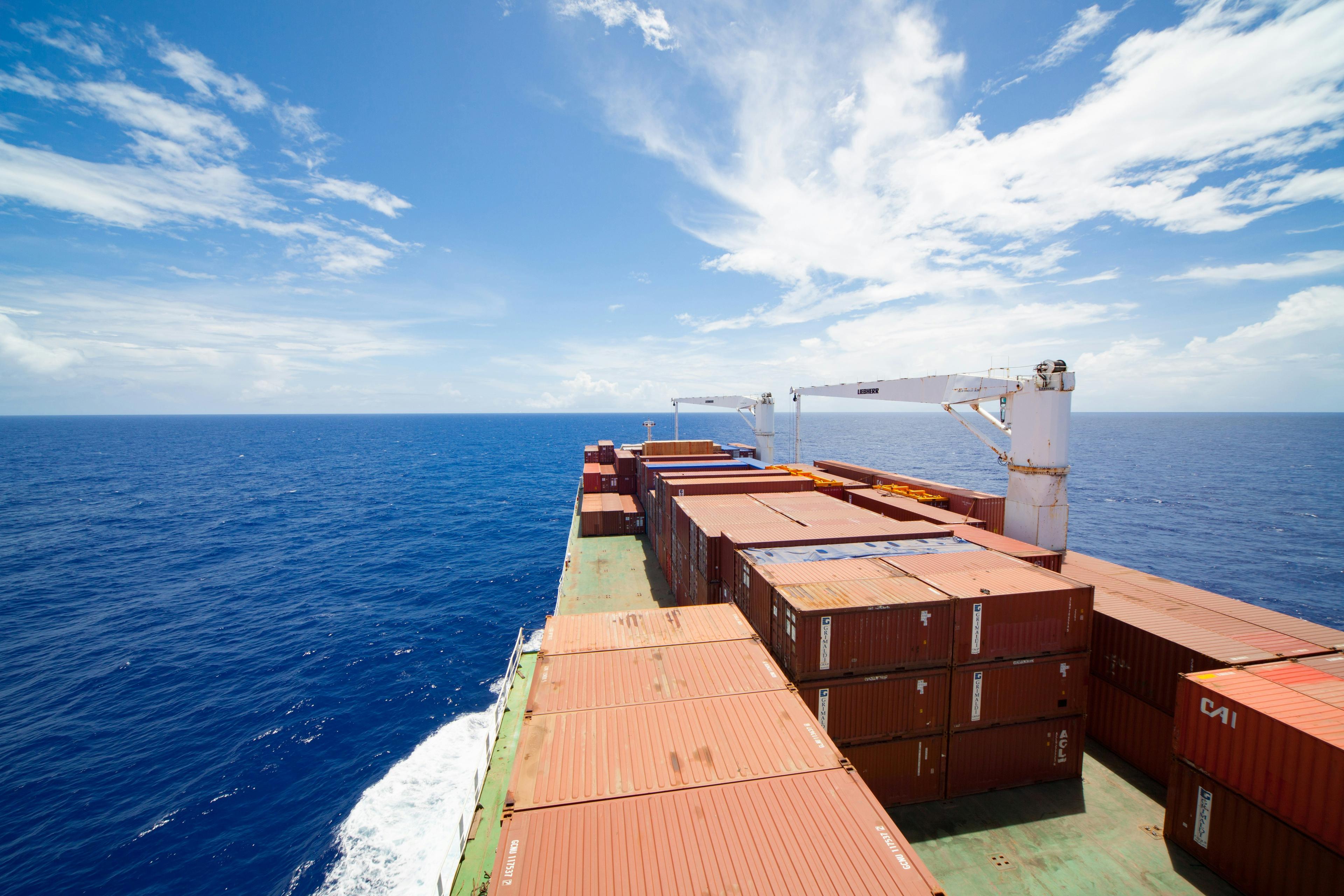Why Tokenizing Real World Assets Matters: The Freight Finance Revolution

The blockchain revolution has moved beyond speculative trading and digital collectibles. Today, one of the most compelling applications of blockchain technology is in tokenizing real world assets, (RWA), specifically, tokenizing private credit.
Tokenizing private credit can create exponential value by increasing liquidity, fractional ownership, and operational efficiency, as well as potentially expanding access to alternative investments. It can also lead to faster, cheaper transactions and greater transparency.
CoinDesk cited a report that gauges the growth potential of the RWA tokenization market to be $30T by 2030, with stocks, real estate, bonds, and gold leading the way. Tokenizing private credit will drive the market significantly higher and add more value and make an even bigger impact, as this application is a more native use of distributed ledger technology.
So far, the majority of early tokenization projects have used a top-down approach, tokenizing large, high-value one-of-a-kind illiquid assets like real estate and art work. Some institutional players are also now tokenizing large liquid assets like treasury bonds or equities.
These attempts have met with moderate success in terms of generating value. Tokenizing an illiquid asset into smaller parts to enable fractional ownership does not always bring liquidity. Tokenizing large financial instruments is useful (to make them more transparent), but it doesn’t necessarily make the assets more accessible, as people have easy access to these items already through banks and financial managers.
While these applications could potentially democratize access to previously exclusive investment opportunities, they suffer from fundamental limitations. They are niche markets with one-time transaction opportunities.
A tokenized Manhattan apartment or limited-edition sneaker might attract attention, but the addressable market remains relatively small, and each asset represents a singular investment event rather than an ongoing financial ecosystem.
The Freight Finance Opportunity
In stark contrast, the freight finance industry presents a $2 trillion market ripe for blockchain disruption. Transportation companies face a persistent cash flow challenge: freight invoices typically carry 30-60 day payment terms, creating significant working capital gaps. Truckers and logistics companies must cover fuel, maintenance, payroll, and operational expenses while waiting weeks for payment from their customers.
This dynamic creates a massive, recurring financing need that traditional solutions address inadequately. Conventional factoring companies charge premium rates—often 15-25% annually—while imposing lengthy approval processes and restrictive terms. The result is an underserved market where small and medium-sized transportation companies struggle to access affordable working capital.
Blockchain's Perfect Use Case
Tokenizing freight receivables is a prime example of private credit and a bottom up approach to tokenization. A trucker, broker, business or even an individual can originate value, in a most organic way, by tokenizing their ‘credit’ or ‘delivered product’. This tokenization of private credit represents one of blockchain technology's most natural applications.
And, unlike, static longer-term assets, freight invoices represent a continuous, short-term financing opportunity that perfectly matches decentralized finance (DeFi) capabilities. Platforms like Bulla Network are pioneering this approach, transforming traditional invoice factoring into transparent, efficient on-chain finance.
The process works elegantly: transportation companies tokenize their verified freight invoices, creating digital assets backed by real receivables. These tokenized invoices then enter liquidity pools where investors can provide financing in exchange for attractive collateralized yields. Smart contracts automate the entire process by eliminating traditional intermediaries and their associated delay and cost.
The advantages of tokenizing working capital for freight are significant. The pools employed to finance these tokens are on-chain. Settlement is instant. The speed at which transactions can occur is also nearly instant. The cost of managing these invoices, pools and investor tokens is much lower than traditional banking rails could ever provide. There is also an instant audit as all invoices, fundings, payments, redemptions etc are on the blockchain and can be displayed - and verified. Lastly, use of blockchains for invoice finance and settlement will reduce some of the pervasive fraud in transport.
Benefits for Transportation Companies
For freight companies, on-chain financing delivers transformative advantages. Access to working capital can cost up to 90% less than traditional factoring, with approval times measured in hours rather than days or weeks. The transparent, automated nature of blockchain-based financing eliminates many of the bureaucratic hurdles that plague conventional financing relationships.
Additionally, more investors into Bulla pools - or potential other liquidity providers with their own pool will initiate more price discovery and so drive down costs while improving service quality. Transportation companies, with the help of protocols like Bulla and blockchains will eventually gain access to a larger global pool of capital.
Investor Advantages
Investors participating in freight receivable financing enjoy compelling risk-adjusted returns. Liquidity pool participants typically earn 10-14% annual yields on stablecoin investments, significantly outperforming traditional fixed-income alternatives. The short-term nature of freight financing—typically 30-60 days—provides excellent liquidity and reduces duration risk.
Unlike long-term real estate or 10yr treasury bond investments, freight receivable financing allows investors to rapidly adjust their exposure based on market conditions. The underlying assets are backed by verified freight transactions with established payment histories, creating relatively predictable risk profiles.
The Future of RWA Tokenization
The freight finance model demonstrates tokenization's true potential: addressing large, underserved markets with recurring transaction opportunities. Rather than creating niche investment products for wealthy individuals, blockchain technology can democratize access to basic credit for massive industries while improving efficiency for all participants.
As the freight finance tokenization model proves its effectiveness, similar approaches will likely emerge across other industries with comparable characteristics—recurring receivables, fragmented financing markets, and significant cost inefficiencies in traditional solutions.
The real revolution in tokenization may have started with luxury assets and bored apes; but it's about to start creating more efficient exposure to real-use-case assets for the world's essential industries and businesses.